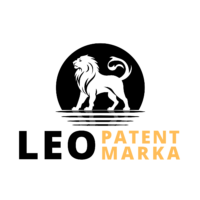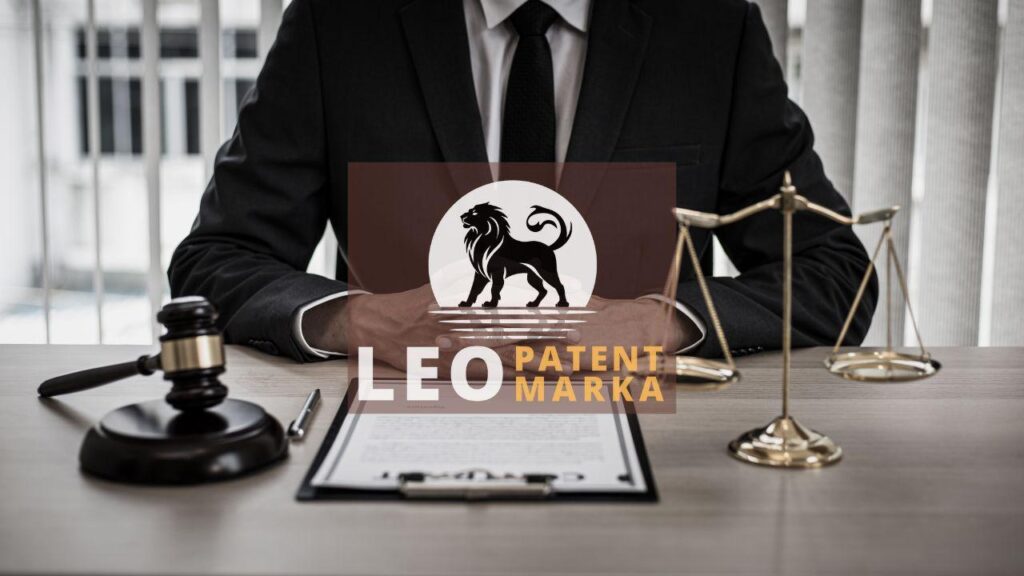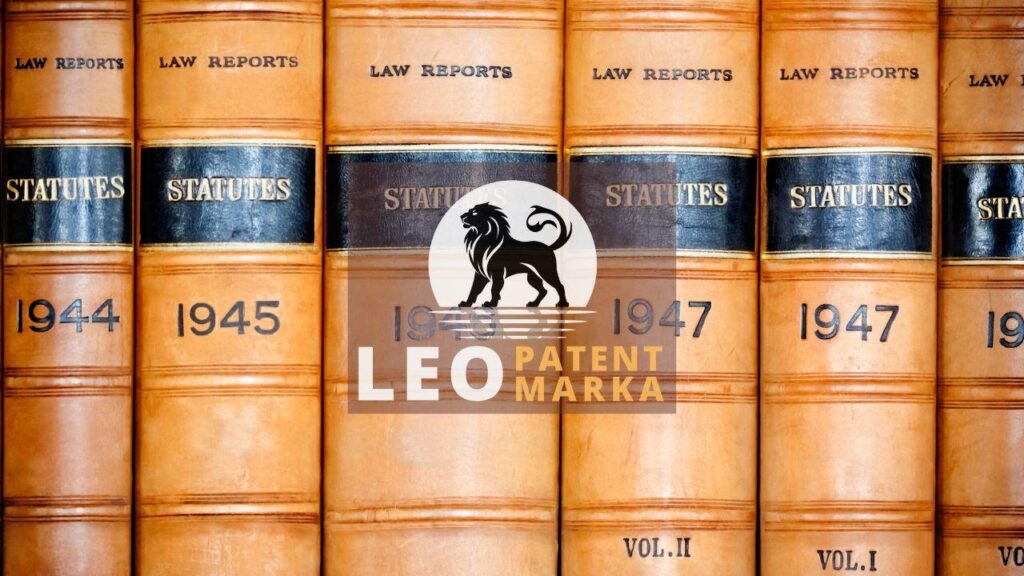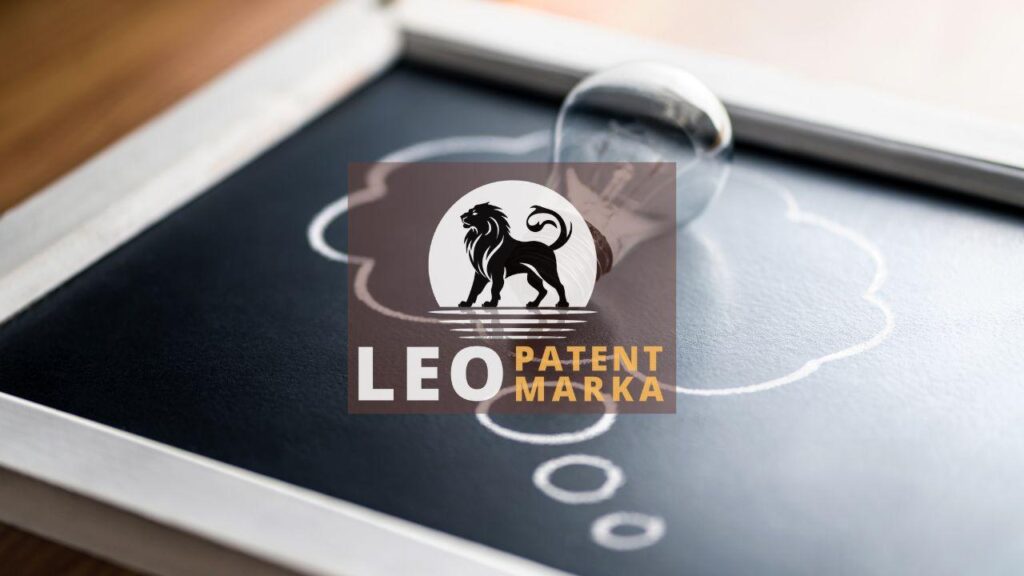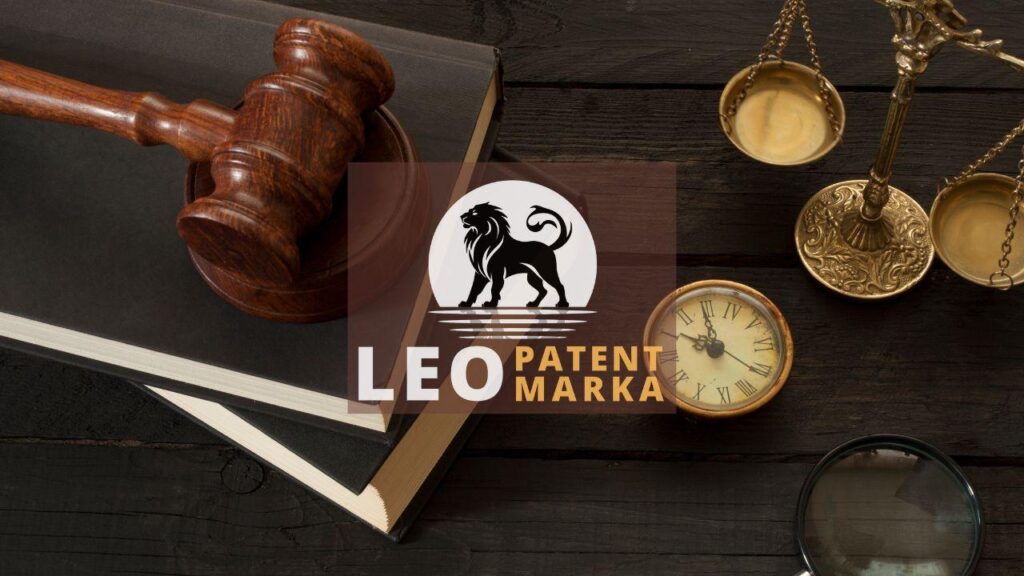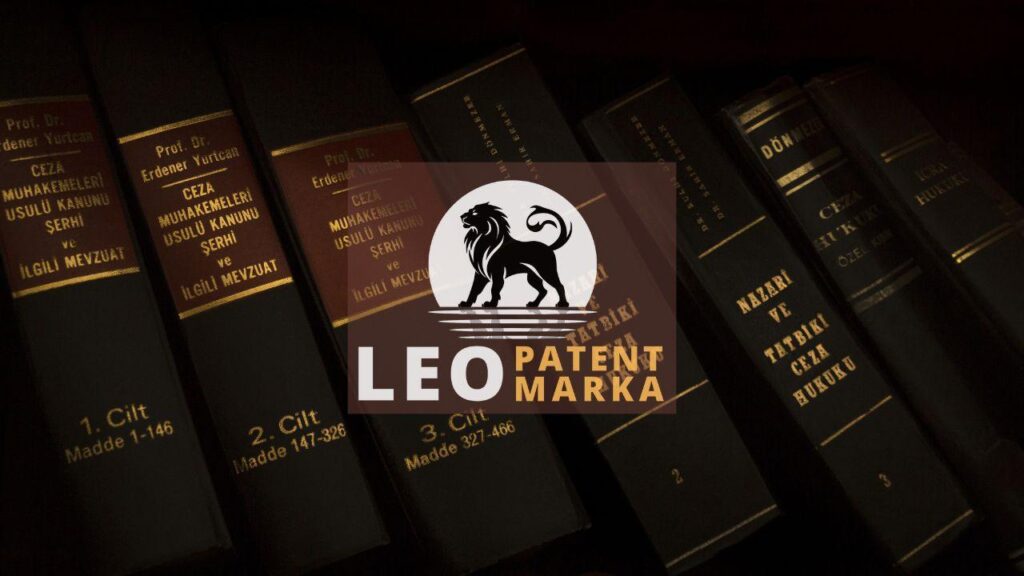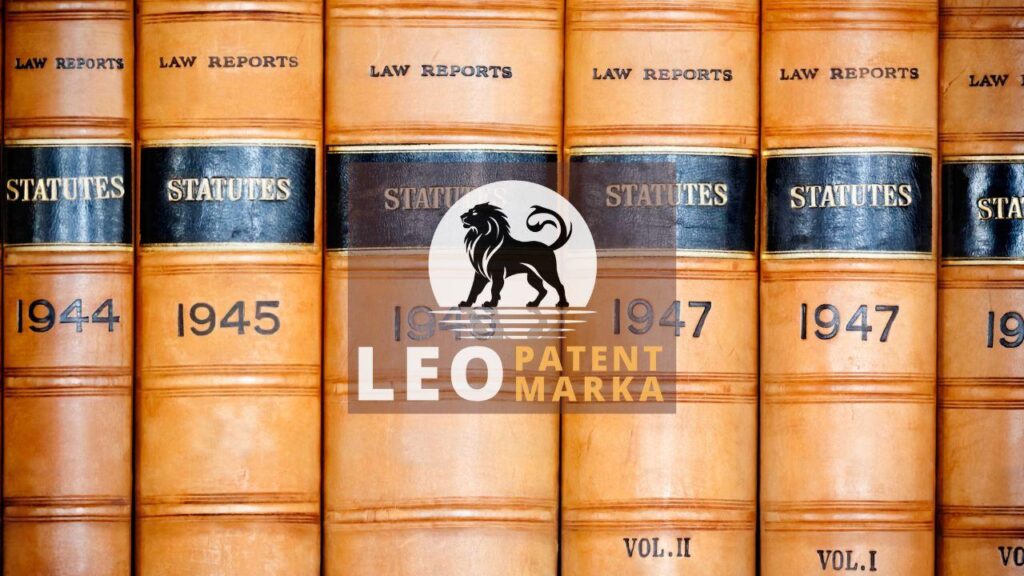In the dynamic landscape of intellectual property, effective trademark licensing management is crucial for businesses looking to expand their brand presence and optimize revenue streams. At Leo Patent, we understand the intricacies involved in safeguarding and leveraging your trademarks within Turkey’s legal framework. Proper management ensures that your brand identity remains consistent and protected against unauthorized use while enabling you to capitalize on new market opportunities. Whether you are licensing your trademark to other entities or using licensed trademarks within your operations, a strategic approach is essential to navigating the complexities of licensing agreements, compliance issues, and enforcement mechanisms. Our comprehensive consulting services at Leo Patent are designed to support you in every aspect of trademark licensing management, ensuring your brand’s integrity and value are maintained at all times.
Types and Benefits of Trademark Licensing
Trademark licensing can take various forms, each tailored to meet specific business objectives and goals. These include exclusive licensing, where the licensee gains sole rights to use the trademark within a defined territory; non-exclusive licensing, allowing multiple licensees to use the trademark simultaneously; and sub-licensing, where the primary licensee receives the right to further license the trademark. Through these arrangements, businesses can expand their market reach without the associated costs of direct expansion, provide a steady stream of royalty income, and enhance brand recognition across different regions and industries. In the context of the Turkish market, leveraging these types of trademark licenses can be particularly advantageous, given the country’s strategic location and burgeoning economy.
Choosing the right type of trademark licensing agreement is pivotal in maximizing the associated benefits while minimizing potential risks. Exclusive licensing can foster strong partnerships and create a competitive edge in the Turkish market, as it ensures that only one entity can utilize the trademark, thereby promoting brand loyalty and market dominance. Non-exclusive licensing, on the other hand, offers flexibility and allows multiple partnerships, which can lead to diversified revenue streams and faster brand proliferation. Sub-licensing can further extend the brand’s reach by permitting the primary licensee to establish additional licensing agreements, thus amplifying the trademark’s presence in various sectors. At Leo Patent, we provide expert guidance in selecting and structuring the most beneficial licensing arrangement tailored to your specific business needs, ensuring compliance with Turkish intellectual property laws and optimizing your brand’s market potential.
In addition to selecting the appropriate type of trademark licensing agreement, effective management involves ongoing oversight and enforcement to maintain the integrity and value of your trademark. Regular audits and monitoring are crucial to ensure that licensees adhere to the terms of the agreement, prevent misuse, and uphold the quality standards associated with your brand. This can be particularly pertinent in Turkey, where compliance with local regulations and enforcement mechanisms is key to protecting your intellectual property rights. Leo Patent offers comprehensive support in these areas, providing diligent oversight and sophisticated enforcement strategies to address any infringements or breaches. With our expertise, you can be confident that your trademark not only generates revenue but also sustains its strong market presence and reputation.
Legal Framework for Trademark Licensing in Turkey
The legal framework for trademark licensing in Turkey is primarily governed by the Industrial Property Law No. 6769, which lays out the regulations for the registration, protection, and enforcement of trademarks. Under this law, trademark owners have the exclusive right to license their trademarks, allowing third parties to use the mark under specified conditions. It is imperative to formalize these agreements through proper documentation and registration with the Turkish Patent and Trademark Office (TurkPatent) to ensure enforceability. Additionally, the license agreement must conform to Turkish Competition Law, ensuring that it does not contain anti-competitive clauses that could invalidate the contract. At Leo Patent, our expertise in navigating these legal stipulations ensures that your licensing agreements are optimally structured and fully compliant with Turkish law, safeguarding your rights while maximizing commercial benefits.
Furthermore, effective trademark licensing management necessitates careful attention to the terms and conditions stipulated in the license agreements to prevent potential legal disputes and maintain the validity of the trademark. Key elements to consider include the scope of the license, such as territory, duration, and specific uses of the trademark, as well as quality control provisions to ensure that the licensee adheres to the brand’s standards. Clear stipulations regarding royalties, renewal options, and termination clauses are also essential to provide a comprehensive framework that both parties can rely on. At Leo Patent, our team provides meticulous guidance in drafting and negotiating these agreements, addressing all critical elements to create robust contracts that protect your interests and foster sustainable business relationships.
Trademark licensing in Turkey also requires diligent monitoring and enforcement to uphold the integrity and exclusivity of the trademark. Regular audits and compliance checks should be conducted to ensure that licensees adhere strictly to the terms of the agreement, maintaining consistency in product quality and brand representation. In instances of non-compliance or infringement, swift and decisive action, including legal recourse through the Turkish courts, may be necessary to protect your trademark rights. At Leo Patent, we offer comprehensive enforcement services, from initial compliance monitoring to litigation support, ensuring that your trademark remains a powerful and protected asset. By effectively managing these aspects, businesses can mitigate risks, prevent dilution of their brand, and secure ongoing market success.
Best Practices for Managing Trademark Licensing Agreements
Effective trademark licensing management begins with drafting a clear and comprehensive licensing agreement that outlines the rights and responsibilities of both licensors and licensees. This includes specifying the scope of the license, the duration, territory, quality control standards, and royalty structures. By establishing concrete terms, businesses can prevent potential disputes and ensure that their trademarks are used in a way that aligns with their branding strategy. At Leo Patent, we emphasize the importance of incorporating robust quality control provisions to maintain the consistency and reputation of your trademarked products or services. Staying vigilant in monitoring and enforcing these standards is crucial to safeguarding your intellectual property and fostering productive business relationships.
Regular audits and reviews of licensing agreements are fundamental to effective trademark licensing management. Conducting periodic assessments allows licensors to ensure compliance with the agreed-upon quality control measures and other contractual obligations. These reviews can help identify any discrepancies or unauthorized uses of the trademark, enabling timely corrective actions to be taken. At Leo Patent, we assist clients in setting up systematic audit processes and provide guidance on resolving any issues that may arise during these evaluations. Additionally, we emphasize the importance of thorough record-keeping and documentation to support enforcement actions, should they be necessary. By maintaining diligent oversight, businesses can protect their trademark’s value and sustain healthy, trustworthy relationships with licensees.
Navigating the complexities of trademark licensing agreements also requires proactive dispute resolution strategies. Despite best efforts, disagreements between licensors and licensees can arise, potentially jeopardizing both parties’ interests and the trademark’s integrity. Implementing well-defined conflict resolution mechanisms within the licensing agreement can facilitate smoother negotiations and quicker settlements. At Leo Patent, we advocate for incorporating mediation and arbitration clauses to amicably resolve disputes without resorting to lengthy and costly litigation. Additionally, our team is equipped to provide expert legal support and advice to address any conflicts that may emerge, ensuring that your trademark rights are effectively upheld. By being prepared for potential disputes, businesses can maintain strong, cooperative relationships and focus on maximizing the benefits of their trademark licensing arrangements.
Disclaimer: This article is for general information purposes only and it is recommended that you consult experts and companies in that field to evaluate your specific situation. We are not responsible for any damage that may arise from the use of the information in this article.
